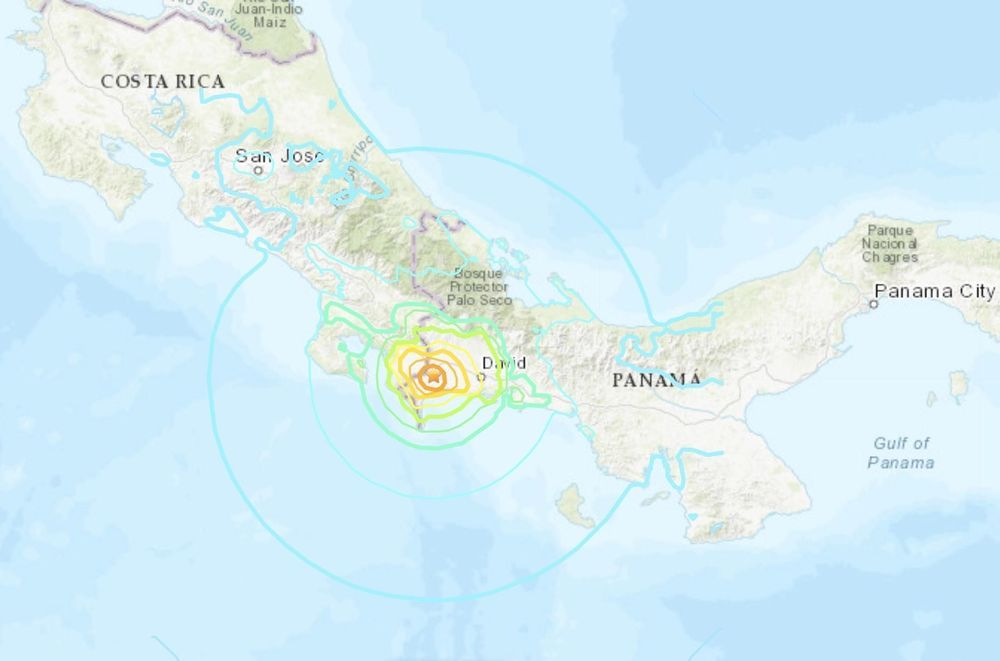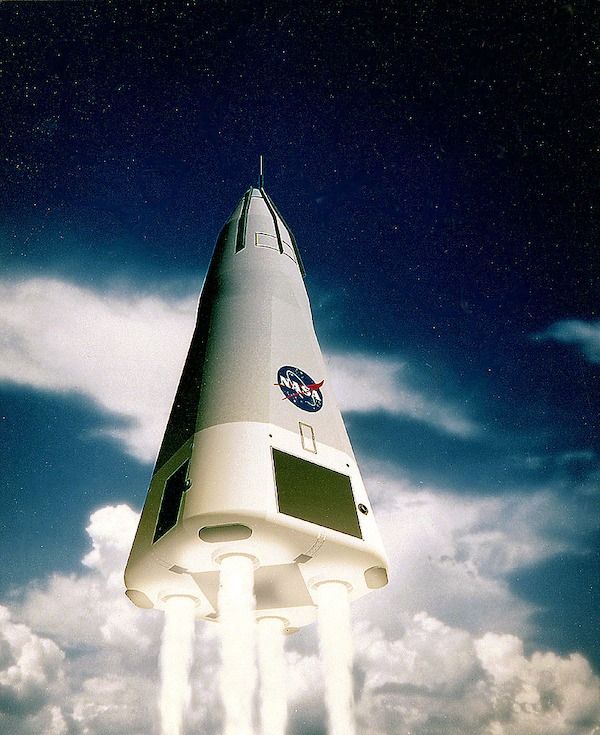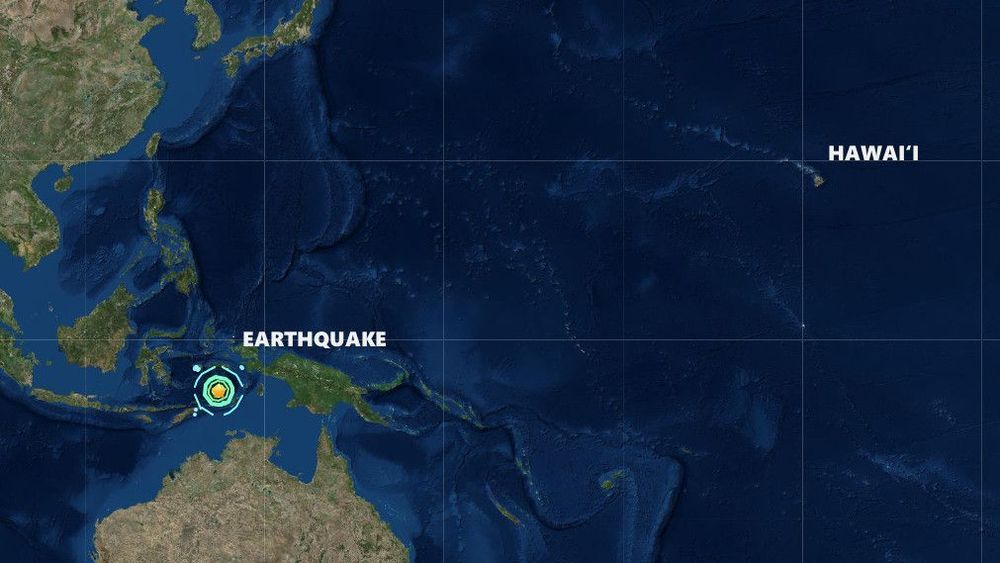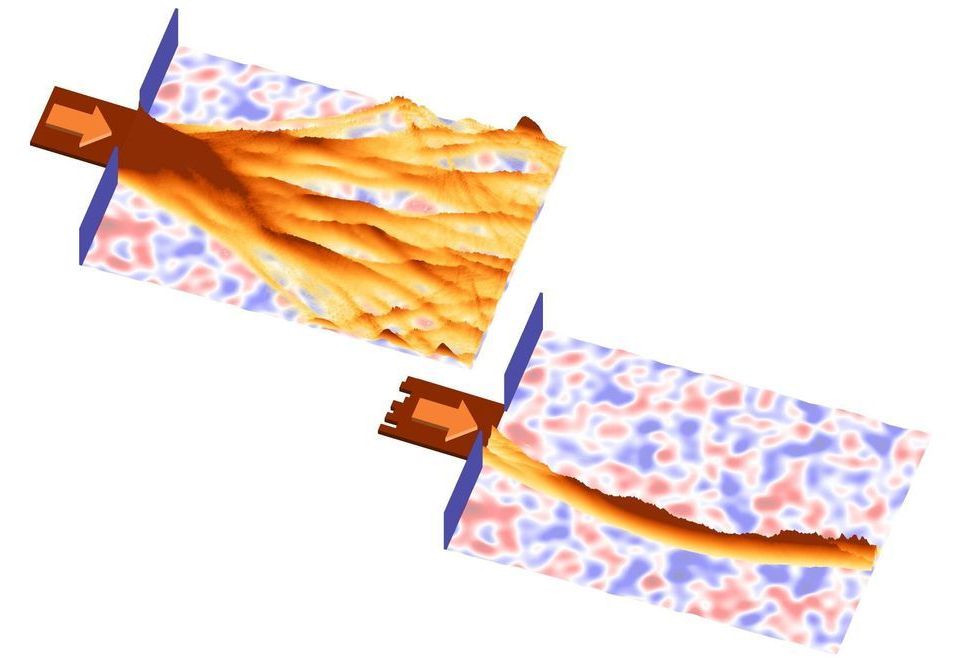Epicentre of quake at shallow depth of 14km.











Waves do not always spread uniformly into all directions, but can form a remarkable “branched flow.” At TU Wien (Vienna) a method has now been developed to control this phenomenon.
In free space, the light wave of a laser beam propagates on a perfectly straight line. Under certain circumstances, however, the behavior of a wave can be much more complicated. In the presence of a disordered, irregular environment a very strange phenomenon occurs: An incoming wave splits into several paths, it branches in a complicated way, reaching some places with high intensity, while avoiding others almost completely.
This kind of “branched flow” has first been observed in 2001. Scientists at TU Wien (Vienna) have now developed a method to exploit this effect. The core idea of this new approach is to send a wave signal exclusively along one single pre-selected branch, such that the wave is hardly noticeable anywhere else. The results have now been published in the journal PNAS.